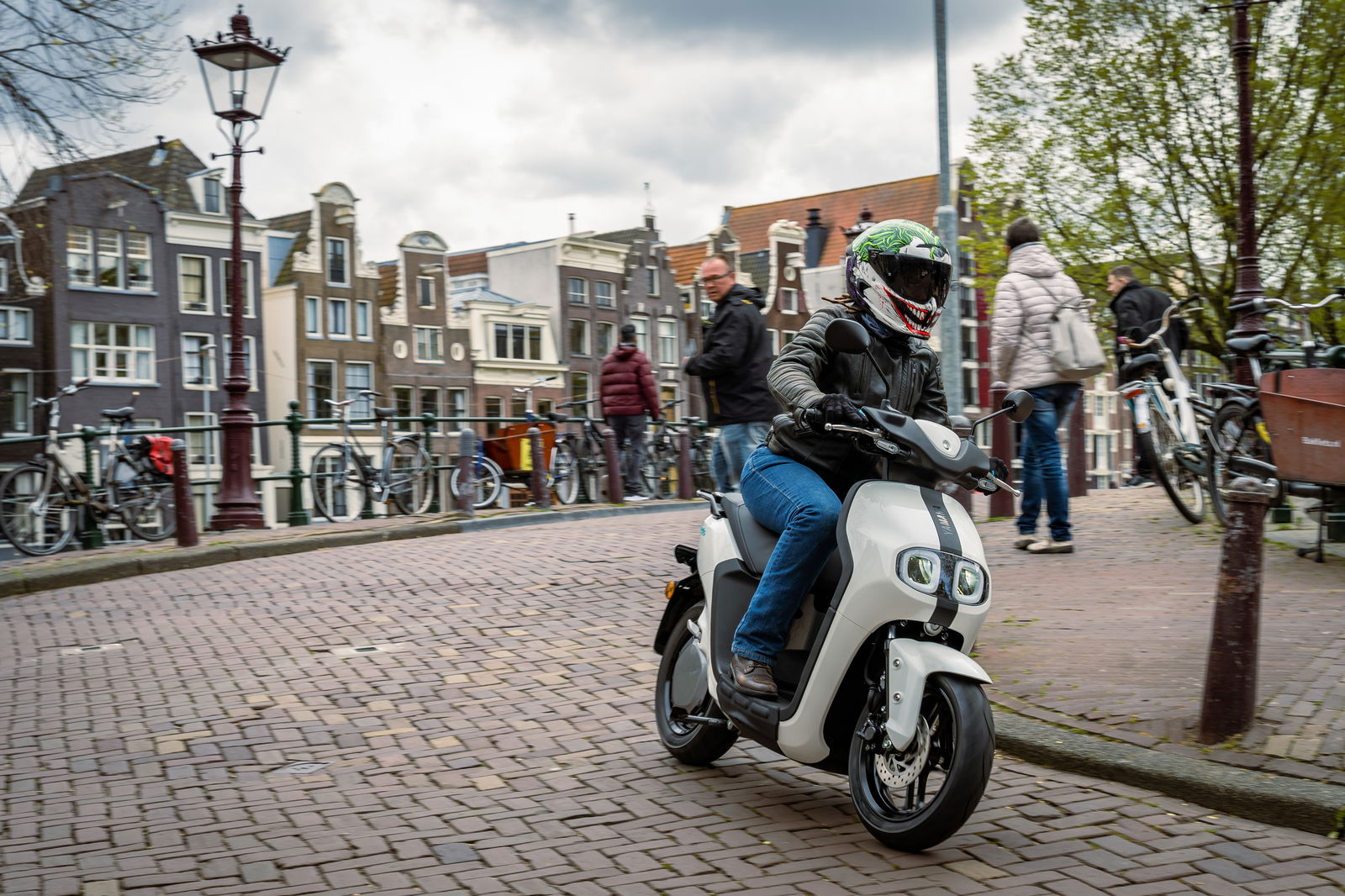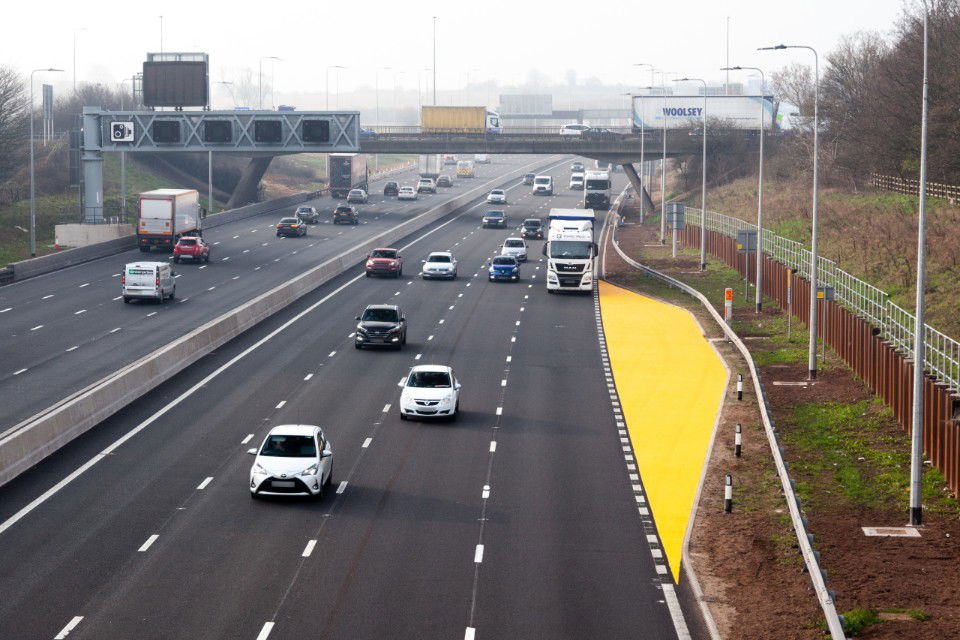Chancellor announces road tax for electric vehicles
The UK Chancellor has announced that the exemption for electric vehicles from VED will end in 2025, while fuel duty has been predicted to increase.

The UK Chancellor has announced plans to begin charging electric vehicles road tax from 2025, while fuel duty could also increase.
The Chancellor of the Exchequer, Jeremy Hunt, has announced plans to begin taxing electric vehicles as the transition from combustion engines continues.
The Guardian reports that fuel duty brings in around £35 billion in tax revenue for the government annually, but with the transition away from internal combustion engines and towards electric vehicles underway and continuing, that number is expected to fall.
As a result, the current Chancellor is planning to introduce a tax on electric vehicles by 2025 to replace the money lost through less fossil fuel being purchased at fuel stations.
One solution is to adopt a system which we have discussed previously as one being considered in Switzerland. That is to tax electric vehicle owners on the distance driven in their electric vehicle. The Guardian says this system “has long been regarded as politically toxic.”

In his autumn statement to the House of Commons on 17 November 2022, Hunt said only that vehicle excise duty (VED) exemption would be removed from electric vehicles in 2025.
Electric cars will be charged £10 of VED for the first year, and then the same as other cars for the five years after that, which is £165. It should be assumed, then, that for electric motorcycles it will be along the same lines. Most electric motorcycles can be considered 125cc-equivalent, and therefore would be subject to the lowest rate of motorcycle VED, which is £20. The full list can be found on the UK government website.

The Guardian also reports that the removal of VED exemption from EVs is expected by automotive industry representatives to dissuade people from switching to electrics, especially with rising energy bills and the removal of some EV incentives. For motorcycles, government grants remain, but should they become more popular as electric cars have done that is likely to be removed, too.
If you think, though, that it might be cheaper to stay with combustion engines, the Chancellor also might have some bad news for you. That is because fuel duty seems to be set to increase.

The Office for Budget Responsibility (OBR) has predicted there will be a 23% increase in fuel duty from March 2023, although, as Forbes reports, this was not mentioned in the Chancellor’s autumn statement. It is estimated that the increase will bring in an additional £5.7 billion.
This will be the largest ever cash increase in fuel duty, and the first time it has been increased since 1 January 2011. In terms of a monetary impact at the pump, the OBR reports this will increase the cost of fuel per litre by 12 pence.
On the morning of 18 November 2022, Hunt told broadcasters “We have made no decision on that at all,” as reported by the Guardian regarding the fuel duty increase, which neither confirms nor denies that it will happen. He said that the decision will be made in the spring.







